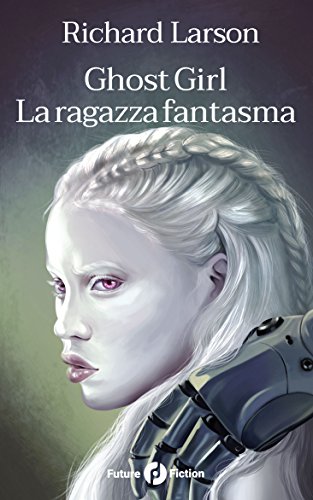
The short story “Your Own Way Back” by Richard Larson was published for the first time in 2013.
Elliot’s grandfather’s mind is in a neural network inside his house, but it’s degrading. One of the possible solutions, albeit only for the time needed for his clone to grow, is to transfer it into Elliot’s brain. In this way, grandfather and grandson find themselves having a unique relationship.
“Your Own Way Back” shows us a possible type of dynamics within a family in a future in which technology can recreate dead people by recording their mind into a chip temporarily and then transfer it again, this time into a new body cloned for the occasion. It takes time to get that result and in the meantime the chip registration must be kept active, otherwise a degradation will end up destroying it.
In this future where neural implants seem to be normal, Elliot gets implanted the chip that contains his grandfather’s mind because his brain is better than his home’s neural network at keeping it intact. This means that he and his grandfather can mentally talk to each other, a unique situation.
Richard Larson doesn’t wonder about the philosophical problem of the identity of the person subjected to that treatment. Basically, he doesn’t care that Elliot’s grandfather’s mind is a copy to be transferred into a clone, therefore a copy as well. Instead, he’s interested in developing, especially through the relationship between grandfather and grandson, the the emotions of people facing that possibility of someway postponing death.
Those inner conversations and other information provide a picture of that future society and the changes that some technologies might have on families. The author could have developed many ideas regarding the possibility of defeating or at least delaying death, but he would have needed a much longer work.
The consequence is that “Your Own Way Back” is limited in describing the choices related to life and death resulting from certain technological developments. In my opinion, it works better concerning the bond that is formed between Elliot and his grandfather and the ways of facing death within a family. You can find this short story for example in the anthology “Ghost Girl – La ragazza fantasma” published by Future Fiction in English and Italian.

